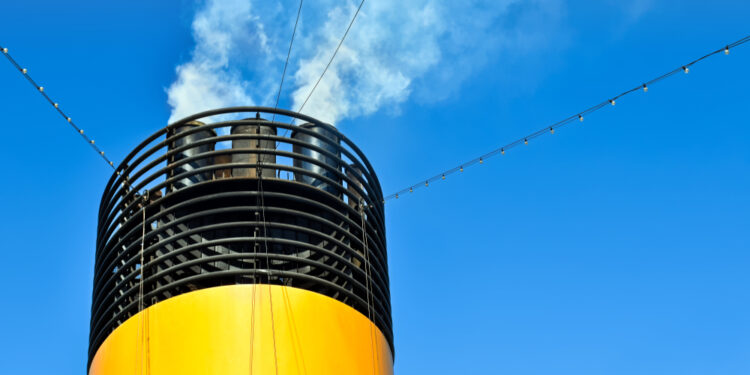The Los Angeles City Council voted to adopt a resolution calling on ships calling at the ports of Los Angeles and Long Beach to operate 100% on zero-emissions by 2030.
The resolution requires support for legislation or administrative action to decarbonise the maritime shipping industry, as well as create zero-emission shipping corridors along the California coast, the West Coast of the United States, and across the transpacific trade route.
These numbers are simply unacceptable, and this resolution is a first step towards acknowledging that we must do everything in our power to create healthy, breathable port communities
said Councilmember Nithya Raman.
However, the 2030 deadline could overly ambitious, as the greenest of pledges from top carriers thus far say that they will have their first zero emissions ships running this decade, but no entire fleets will be ready in eight years’ time.
Commenting on the resoltution, Dawny’all Heydari from the NGO Pacific Environment, stated:
Los Angeles City Council is taking a historic stand for the health, dignity, and longevity of Angelenos who live near ports
What is more, during COP26, the Clydebank Declaration was launched, which aims to support the establishment of zero-emission maritime routes between 2 (or more) ports.
Namely, the signatories of the Declaration will boost the development of at least 6 green corridors by the middle of this decade, while scale activity up in the following years, by inter alia supporting the establishment of more routes, longer routes and/or having more ships on the same routes.
This comes after Belgium, Britain, Finland, France, Germany, Honduras, Hungary, Iceland, the Marshall Islands, Norway, Panama and Sweden, Denmark, and the US signed the maritime sector declaration, which commits countries to work at IMO to adopt goals for 2030 and 2040 that place the sector on a pathway to full decarbonization by 2050.
However, countries with big maritime shipping sectors, including Japan, Greece, Italy, and Spain did not sign the declaration.






























































